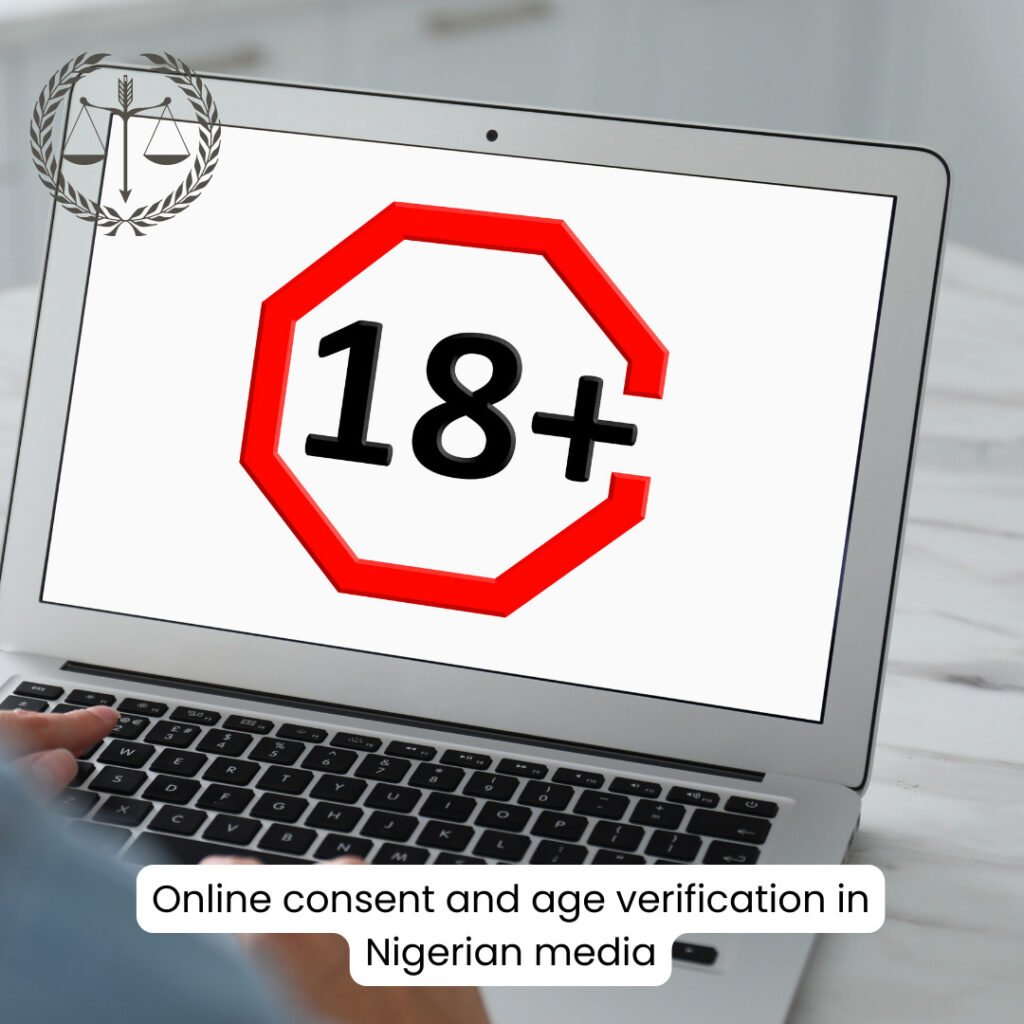Online Consent and Age Verification in Nigerian Media
In an era marked by digital connectivity and access to vast online resources, the protection of vulnerable users, particularly minors, has become a paramount concern. As the digital landscape continues to evolve in Nigeria, ensuring age-appropriate content and obtaining valid online consent are critical steps toward creating a safe and responsible online environment. This article delves into the realm of online consent and age verification in Nigerian media, exploring their significance, legal framework, challenges, and implications for media platforms, content creators, and the broader digital ecosystem.
The Significance of Online Consent and Age Verification
Online consent and age verification serve multiple purposes:
- Child Protection: Obtaining appropriate consent and verifying the age of users help protect minors from accessing age-inappropriate content.
- Privacy and Data Protection: Ensuring proper consent safeguards individuals’ personal data and ensures compliance with data protection regulations.
- Content Moderation: Age verification enables media platforms to better moderate and tailor content based on users’ age and preferences.
Legal Framework: The Nigerian Data Protection Regulation (NDPR) and Child Rights Act
The Nigerian Data Protection Regulation (NDPR) and the Child Rights Act provide the legal foundation for online consent and age verification. The NDPR emphasizes the importance of obtaining explicit and informed consent for data processing, while the Child Rights Act underscores the need to protect the rights and well-being of children, including their exposure to age-appropriate content.
Challenges in Online Consent and Age Verification
The implementation of online consent and age verification encounters several challenges:
- User Understanding: Users, especially minors, may not fully understand the implications of providing consent or their rights regarding data privacy.
- Technological Limitations: Developing effective age verification methods that are secure, accurate, and user-friendly can be technologically complex.
- Cross-Border Considerations: Ensuring compliance with age verification requirements across different jurisdictions can be challenging for global platforms.

Strategies for Effective Online Consent and Age Verification
Creating a robust online consent and age verification framework involves several strategies:
- Clear Communication: Media platforms must provide clear and concise information about data processing practices and content suitability.
- User-Friendly Processes: Implementing user-friendly age verification methods that prioritize ease of use and security.
- Educational Initiatives: Raising awareness among users, parents, and guardians about the importance of online consent and age-appropriate content.
Implications and Opportunities
Online consent and age verification have implications for media platforms, content creators, and the broader digital ecosystem:
- Platform Responsibility: Media platforms bear the responsibility of ensuring appropriate content access and data protection for all users.
- Content Diversity: Tailoring content based on users’ age and preferences enhances the quality and relevance of the digital experience.
- Trust Building: Transparent and responsible age verification practices build user trust and confidence in digital platforms.
Charting the Path Forward
The future of online consent and age verification in Nigerian media involves:
- Collaboration: Collaborating with stakeholders, including media platforms, regulators, and child rights advocates, to develop effective age verification solutions.
- Technology Innovation: Embracing innovative technologies such as biometric recognition and artificial intelligence for secure and accurate age verification.
- Legal Adaptation: Continuously updating and adapting legal frameworks to address emerging challenges and technological advancements.
Conclusion
Online consent and age verification are essential pillars of responsible digital interaction in Nigerian media. By prioritizing user protection, data privacy, and age-appropriate content access, Nigeria can create a digital landscape that empowers individuals, safeguards vulnerable users, and fosters a culture of responsible digital citizenship. As Nigeria continues its digital journey, a proactive and adaptable approach to online consent and age verification will contribute to a digital ecosystem that values safety, inclusivity, and responsible online engagement, positioning Nigeria as a leader in creating a secure and user-friendly digital environment.
